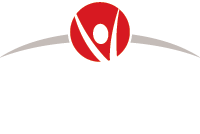At JSA, teachers are provided with a Teaching and Learning Program template to formulate their teaching for the day, factoring in differentiated practice involving split groupings, level of prompting and target language required and adult supports for a supportive learning environment.
In following this Instructional Model, teachers also consider different ways students might approach learning, their different abilities and strengths, or their different perspectives on themselves as learners when developing learning and teaching experiences. Teachers plan for a variety of ways that ideas can be represented and the need to approach and demonstrate learning using different media and representational modes. Teachers will use diverse approaches to allow students to experience diverse ways of learning and knowing, and targeted support for individuals, based on teacher monitoring.
JSA teachers will:
- Vary the structure and delivery mode across a range of teaching sessions
- Provide for a range of learning styles or modalities within teaching sessions and from one teaching session to another in terms of both teacher input and student learning experiences
- Help students to understand their own specific learning needs and provide choice to cater for the range of those needs
- Set a variety of types of tasks during each unit and using a range of resources eg. print, visual, aural, experiential
- Provide variations in tasks to allow student choice on style of presentation or type of approach
- Ensure each task has an open ended aspect that allows students to work at different levels and paces
- Arrange for time in each teaching session to give individual support to students in need of particular attention
- Provide opportunities to use a range of multimodal communication systems.

